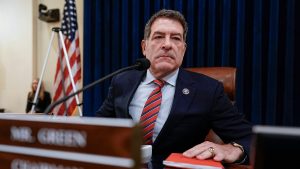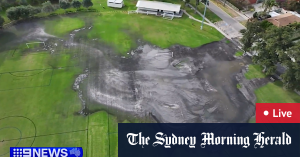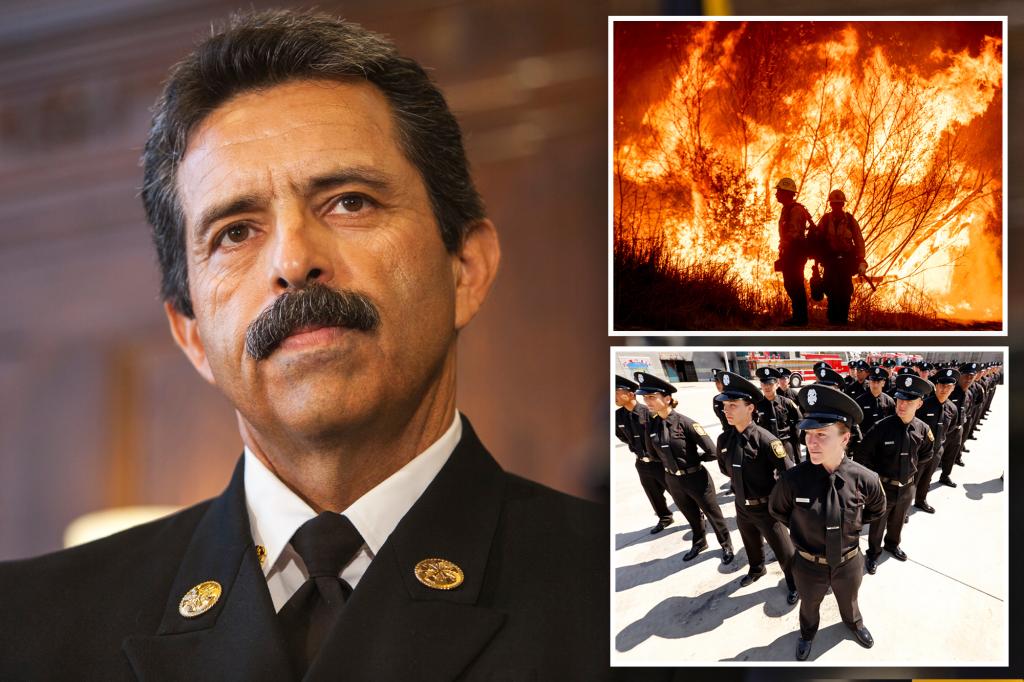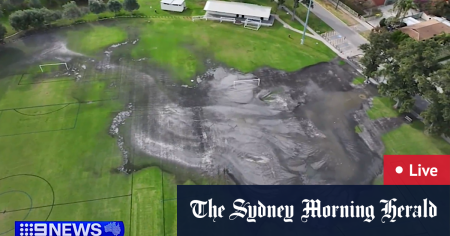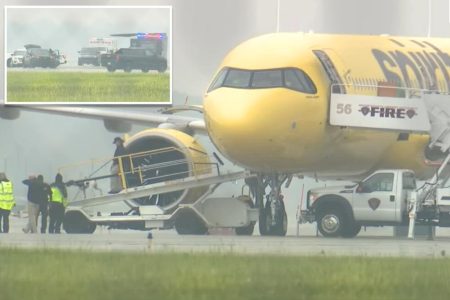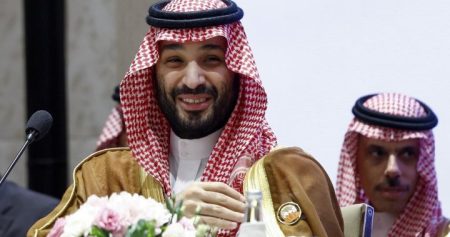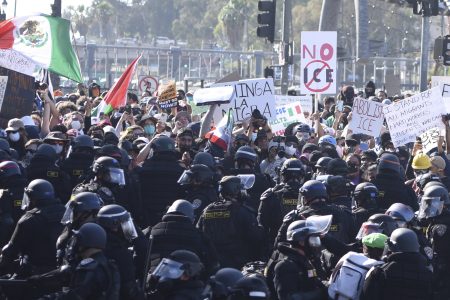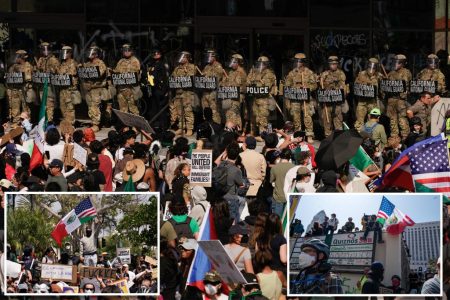The Los Angeles Fire Department (LAFD), responsible for safeguarding the city from the ever-present threat of wildfires, has been plagued by a long history of internal issues, including allegations of corruption, negligence, harassment, and discrimination. These systemic problems, festering for years, predate the recent devastating wildfires that have ravaged the city, raising serious concerns about the department’s preparedness and effectiveness. One of the most troubled branches, the Fire Prevention Bureau, tasked with preventing fires through inspections and brush clearance, has been at the center of numerous scandals.
The LAFD’s Fire Prevention Bureau has faced accusations of falsifying inspections, lax code enforcement, and the employment of incompetent and inadequately trained personnel. These issues, coupled with alleged retaliation against whistleblowers, paint a picture of a department struggling with internal dysfunction. A 2015 investigation revealed that thousands of buildings, including high-rise apartments, schools, and churches, had gone uninspected for years, highlighting a significant lapse in the bureau’s responsibilities. Subsequent investigations exposed inspectors filing false reports for inspections that never occurred, further eroding public trust. The bureau’s leadership has also been implicated in these issues. Former chief John Vidovich was dismissed, only to file a retaliation lawsuit claiming he was ousted for exposing widespread fraud and corner-cutting. The city ultimately settled the lawsuit for a substantial sum, adding to the growing cost of the bureau’s internal problems.
Facing public pressure and a mounting backlog of inspections, the Fire Prevention Bureau embarked on a hiring spree, allegedly filling its ranks with unqualified and untrained recruits. This move, while intended to address the backlog, reportedly led to further problems, with inspectors conducting sloppy and incomplete inspections. A 2017 lawsuit filed by six fire inspectors alleged that they were labeled “internal terrorists” and denied promotions for raising concerns about these inadequate practices. The plaintiffs, who are Black, also alleged a pervasive culture of racism and sexism within the bureau, claiming they were stereotyped as lazy and fire-averse. The city settled this lawsuit as well, adding another multi-million dollar payout to the growing list of settlements related to the bureau’s internal issues.
The issues of racism and sexism extend beyond the Fire Prevention Bureau, permeating other areas of the LAFD. A 2021 incident involving Deputy Chief Fred Mathis, a white male, exemplified this pervasive problem. Mathis was accused of being intoxicated on duty during a wildfire in the Pacific Palisades, the same area later devastated by a historic blaze. Despite the gravity of the allegations, Mathis received no disciplinary action after a seven-month investigation concluded he had marked himself sick after becoming intoxicated. He received a substantial settlement, fueling accusations of preferential treatment. organizations representing Black, Latino, and women firefighters argued that a minority or female employee of the same rank would have faced harsher consequences.
Further highlighting the department’s struggles with discrimination, a Black female arson investigator filed a discrimination lawsuit against the LAFD in 2021. The following year, former fire chief Ralph Terrazas resigned amidst widespread allegations of sexism and abuse against female firefighters, and one of his deputies was removed from duty pending a sexual harassment investigation. These incidents underscore a troubling pattern of alleged misconduct and discrimination within the department, impacting morale and potentially hindering its effectiveness. The LAFD has also faced legal action related to alleged homophobic harassment, further diversifying the allegations of discriminatory practices within the department.
The appointment of Kristin Crowley as the department’s first female and openly gay fire chief signaled a potential turning point. However, the LAFD’s continued struggle with allegations of misconduct and discrimination raises questions about the effectiveness of the reforms implemented under her leadership. While the department has yet to publicly address the specific steps taken to address these deep-seated issues, the ongoing legal challenges and persistent allegations suggest that significant work remains to be done to foster a more inclusive and accountable environment within the LAFD. The department’s ability to effectively address these internal challenges will be crucial to restoring public trust and ensuring its preparedness to protect the city from future disasters.
